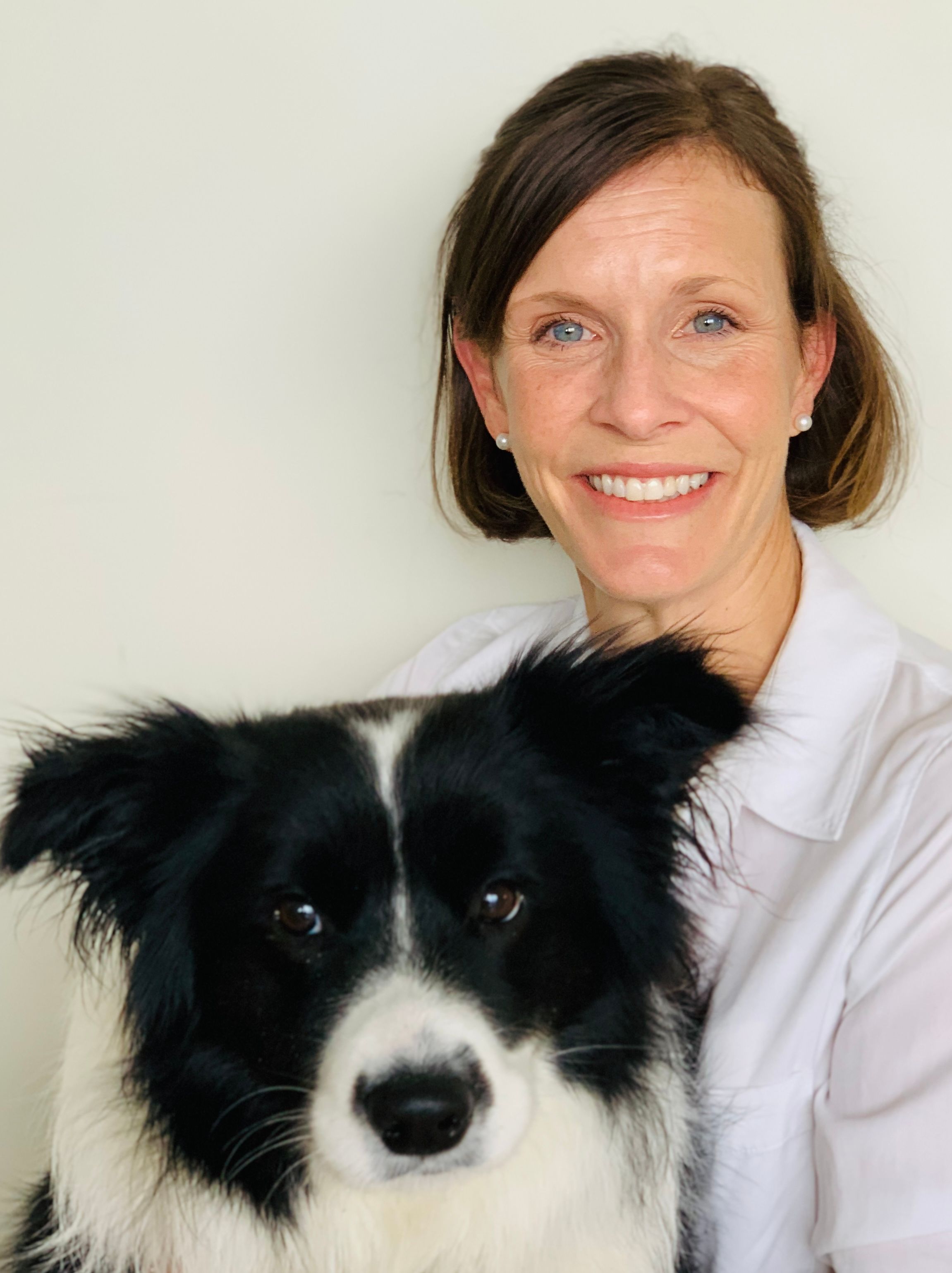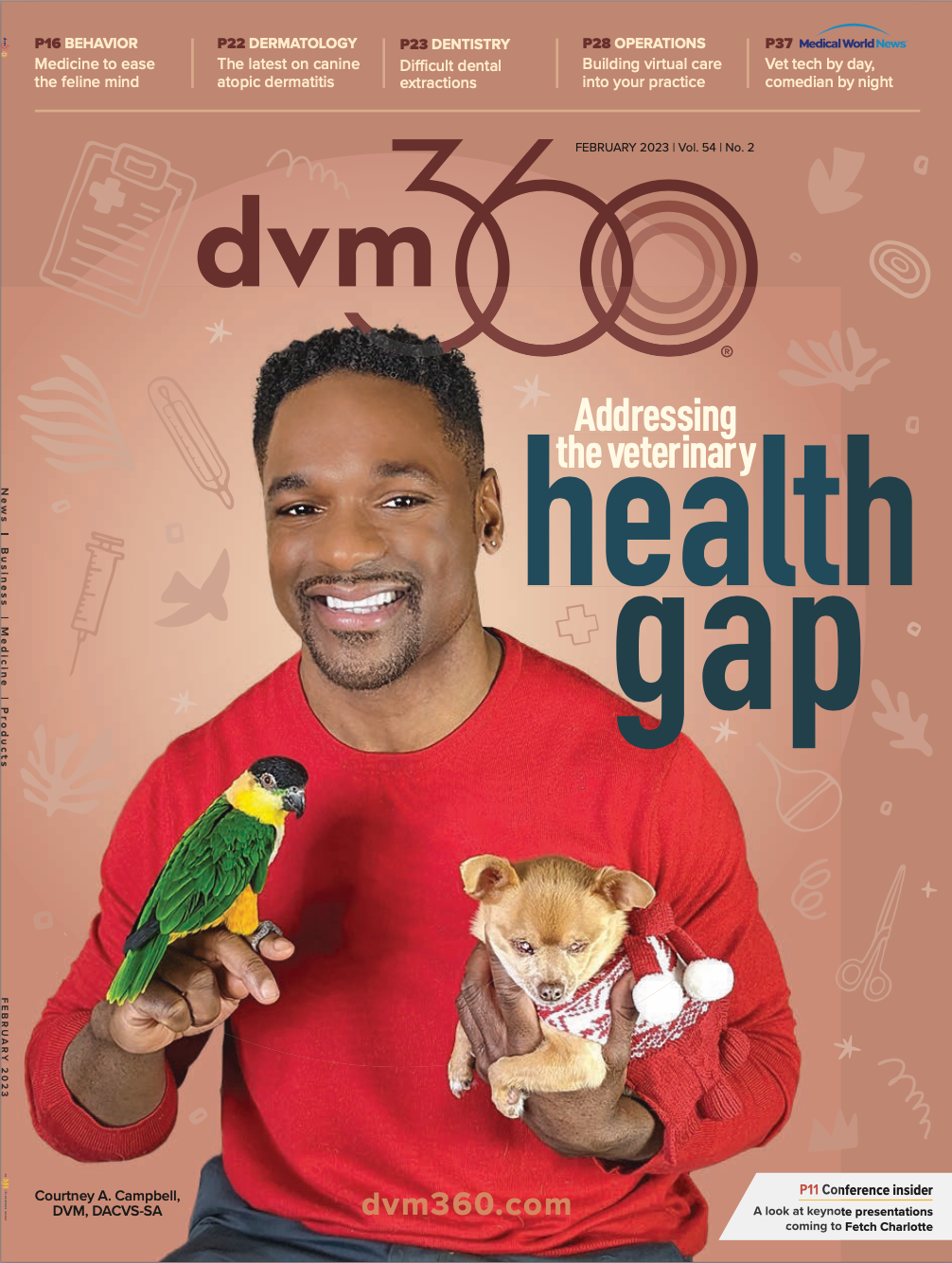Veterinary scene Down Under: New leadership program, plus the AVA’s 2023 goals
Veterinarian helps fellow professionals strengthen their leadership skills, and the ambitious 2023 agenda for the Australian Veterinary Association
Enhancing veterinary leadership
With a mission to equip veterinary professionals with the knowledge and skills to be the best leaders, Australian veterinarian, Taleta Hompas, BVSc, MANZCVS (ECC), MBA, recently launched VetLed Veterinary Leadership. This program enables veterinary professionals to become more effective veterinary leaders, thus creating thriving careers and organizations.
Dr Taleta Hompas, founder and director of VetLed Veterinary Leadership.

“What makes great veterinary leaders is understanding the unique pressures and influences that are present within the veterinary industry and how we can best support veterinary professionals at all stages of their careers as well as the organizations they work in, to thrive and create sustainable veterinary careers,” explained Hompas to dvm360®.
“What leadership looks like is different for everyone and every organization—it changes depending on the needs of the leader, their team and organization. The essence of a good leader is knowing when and how to use the skills and knowledge to achieve the best potential of all stakeholders.”
The Australian-based VetLed Veterinary Leadership is a separate entity to the VetLed Veterinary Human Factors Training and Consultancy in the United Kingdom, with Hompas’ business offering online leadership courses and both group and individual coaching programs, with flexibility for participants to complete activities at their own pace when convenient.
“The core Veterinary Leadership course consists of short and palatable 20-to-30-minute modules together with Leadership Questionnaires for each module. These enable participants to understand their own leadership style as well as areas where they can improve, develop and apply in their everyday practice,” said Hompas. “For those who wish to develop their leadership language and skills further, our coaching programs study the principles of the 5 pillars of effective leadership over 5, one-hour sessions. We investigate what effective leadership looks like in different contexts and how this can be integrated into everyday veterinary practice.”
Having developed her career in veterinary emergency and critical care (ECC), including founding an after-hours emergency veterinary practice in Canberra in 2016, Hompas quickly realized the importance of non-clinical knowledge and effective leadership in running a business. “The impact that you have every shift in ECC, helping patients and their families on every shift is something that I will never tire of, but acknowledging the need for business specific training, I completed my Membership in ECC and then a Masters of Business Administration (MBA) and I can see how this mix of clinical and non-clinical knowledge supports the growth of businesses and their people,” shared Hompas.
“University equips you with the clinical skills and knowledge to be a great veterinarian, but there isn’t the capacity to include the non-clinical skills training in many areas such as leadership. It's these areas that have the ability to translate the clinical skills into thriving individuals and organizations within the veterinary industry, and this is the skills gap that VetLed was created to fill.”
Having witnessed veterinary colleagues dealing with burnout and compassion fatigue, Hompas has seen the impact that good leadership can have on teams and their mental health, as well as the level of engagement and satisfaction that they derive from their work.
“I’ve worked with all types of leaders and veterinary professionals, and let’s be blunt—burnout and compassion fatigue are real but, good leadership—both of the self and teams, can go a long way to either reducing or avoiding these problems. A good veterinary leader does not depend on holding a position, organizational longevity or title, it is accessible to everyone and a good leader can also help develop effective leaders within their team at all levels of the organisation and stages of careers,” said Hompas. “I believe that Emotional Intelligence and communication techniques are foundational for effective leadership and in 2023 I hope to bring some of this content to compliment the core Veterinary Leadership course as well as some masterclasses on individual leadership topics.”
Australian Veterinary Association powers into 2023
The Australian Veterinary Association (AVA) president Bronwyn Orr, BVSc, MSc, PhD, MANZCVS, GAICD, outlined the organization’s key goals for 2023 to dvm360®.
“The AVA has an ambitious agenda for 2023, which includes continuing to deliver services for our members, such as high-quality continuing professional development across Australia, as well as offering new projects such as the Chartered Veterinary Practitioner program and THRIVE Wellness initiative,” shared Orr.
“Advocacy continues to remain a priority, as we engage with government and the public on issues such as workforce sustainability, a One Health approach to an Australian Centre for Disease Control (CDC), mental wellness and registration of paraprofessionals. Finally, long overdue constitutional change within the AVA is being progressed in 2023, with the first tranche of proposed amendments coming to members for a vote at the AGM, held at the AVA’s National Conference in May.”
